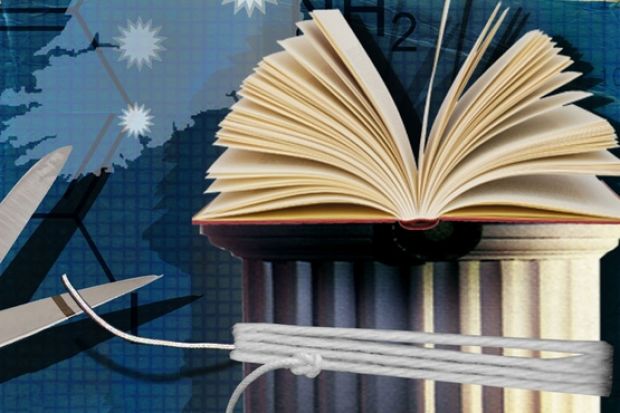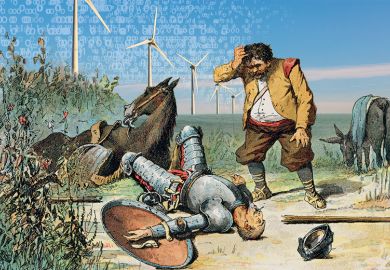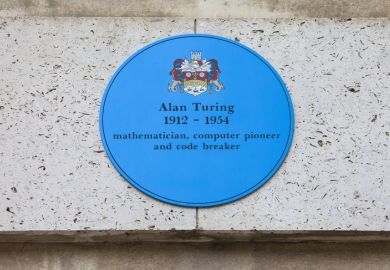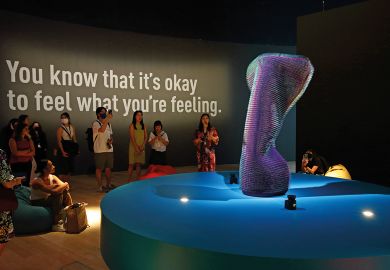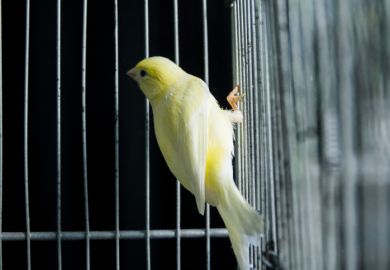For centuries the humanities were at the heart of education and helped shape national identities
It is often argued that the complex, globalised world of the 21st century demands new ways of thinking and working to tackle its key challenges, from the financial crisis to conflict, climate change and poverty.
Governments increasingly expect higher education to deliver on national priorities as the result of their investment in it. This is not wholly inappropriate, but nevertheless dangerous in that it can lead to unintended consequences, such as the current focus everywhere on science, technology, engineering and maths - an overly narrow response to global challenges.
Solutions are most likely to come from interdisciplinary thinking. People approach problems from different historical, geographical and cultural perspectives. Academics also approach problems from what can be different methodological backgrounds, which influences the ways they see problems and propose solutions.
Given the range and complexity of global challenges, the marginalisation of the humanities in educational systems seems perverse. After all, the humanities are devoted to the study of the human condition and the ways in which individual and collective subjectivities contribute to shaping and improving it. For centuries the humanities were at the heart of education, and the study of art, history, languages and literature played determining roles in shaping concepts of national identity. Yet in recent decades governments have shifted focus away from the humanities, slashing funding and, more importantly, diminishing their influence.
As a result, the humanities are being driven into defensive positions. Despite isolated counter-actions, they experience marginalisation as martyrdom and tend to look inwards rather than outwards to new possibilities, such as recovering their status and influence through interdisciplinary working.
There is a tendency to speak glibly about how interconnected the world is today, simply because digital technologies permit us to exchange words and images rapidly across national and cultural boundaries. However, this much-vaunted connectedness is to some extent a fantasy: it also operates as a veil that masks the extent of inequalities and the lack of deep, transcultural understanding. Communication technologies open up possibilities, but we must also recognise the asymmetries of knowledge and power. Research in anthropology, art history, cultural theory, history, language-based area studies and literature can help us to understand just how complex identities are, and are becoming, with the rise of “virtual” communication and social media. Life and work become a question of creatively managing difference and fracture.
Sensitivity to difference becomes vital, and tolerance is essential as an active, enquiring (and difficult) process - rather than a state that, once acquired, remains stable and passive. Crucially, this also applies to tolerance of disciplinary and methodological differences.
University College London’s response has been to create a new interdisciplinary degree, a bachelor of arts and sciences (BASc). Students must have qualifications in both a humanities and a science subject; all must follow a set of core courses that will develop their interdisciplinary thinking and select a pathway (for example, “cultures”, or “health and environment”) within which they take a major and a minor, one in the arts and one in the sciences. All students must study a language throughout the programme and are expected to undertake a placement or internship.
The BASc differs from US liberal arts programmes in that it is structured around an explicit commitment to interdisciplinarity, with students learning the differences and complementarities of various disciplines and ways they can operate usefully in global contexts.
By learning together and across disciplines, they learn to explore complexity with confidence. Above all, they learn to be productive global citizens who will be able to make a meaningful contribution to our simultaneously interconnected and fractured world.
Register to continue
Why register?
- Registration is free and only takes a moment
- Once registered, you can read 3 articles a month
- Sign up for our newsletter
Subscribe
Or subscribe for unlimited access to:
- Unlimited access to news, views, insights & reviews
- Digital editions
- Digital access to THE’s university and college rankings analysis
Already registered or a current subscriber? Login
